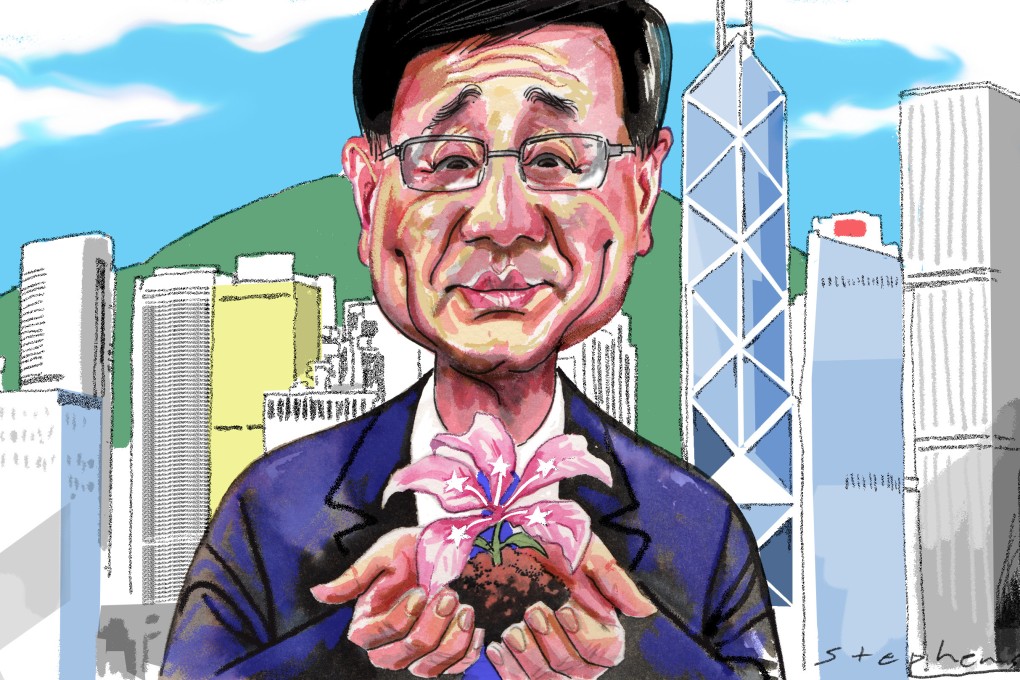Opinion | John Lee must assure the world Hong Kong’s freedoms aren’t lost
- Over the years, Beijing has become more hands-on in Hong Kong’s governance, and while the city has not won the democracy it sought, its freedoms must remain intact
- Hong Kong’s new chief executive needs to build confidence with action, not resort to propaganda

Writing 25 years ago in an American think-tank publication launched to chronicle the Hong Kong Special Administrative Region’s birth, I penned a report on its first month and noted that the Post had, on July 28, published the findings of an opinion survey in which confidence in the city’s economic and political future had risen by five points, to 98, since April 1997.
That optimism contrasted with the alarmist warnings being sounded by the Western media in the run-up to the handover.
The optimism proved justified. In the first five years and more, the Communist Party and Chinese government bent over backwards to give then chief executive Tung Chee-hwa, a man they trusted, a free hand in running the SAR.
But when Tung failed to enact national security legislation as Beijing expected (and as many in Hong Kong dreaded) in 2003, Beijing adopted a more hands-on approach, eventually including involvement in local politics.
Meanwhile, pro-democracy politicians demanded the introduction of universal suffrage elections. Before 1997, Lu Ping, director of the State Council’s Hong Kong and Macau Affairs Office, had repeatedly pledged that Hong Kong people, not Beijing, would decide when the Legislative Council would be elected by universal suffrage.
